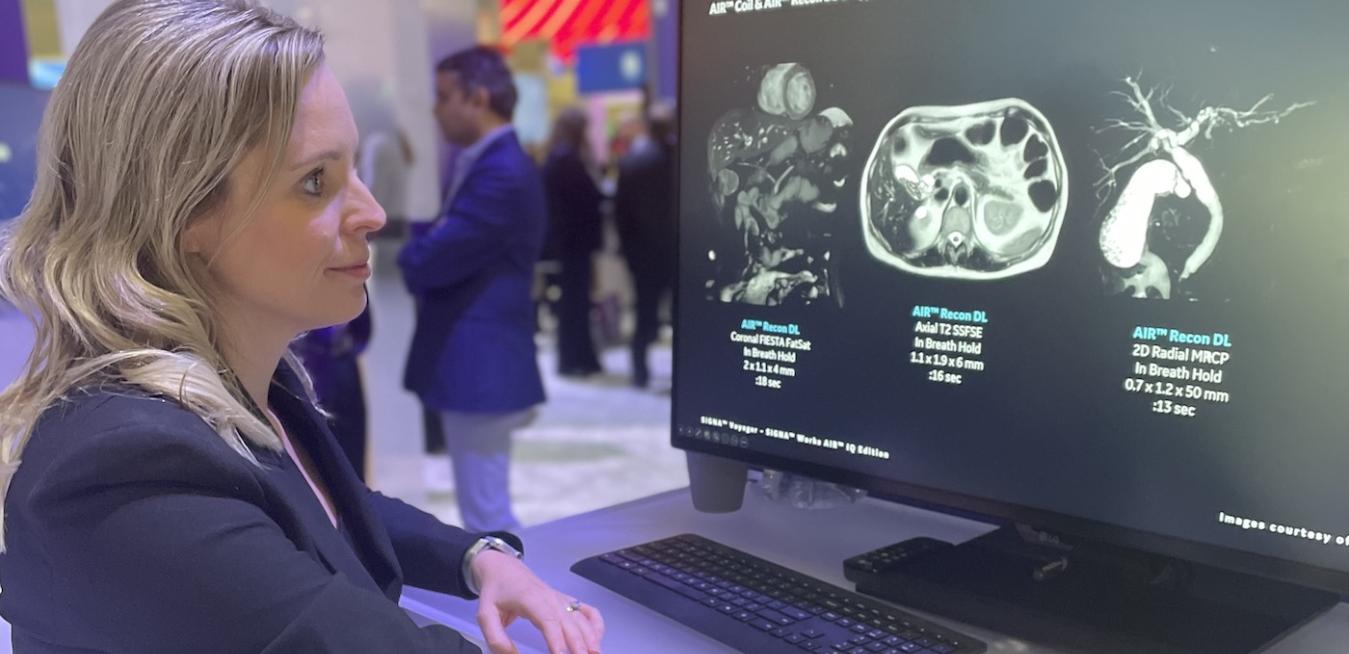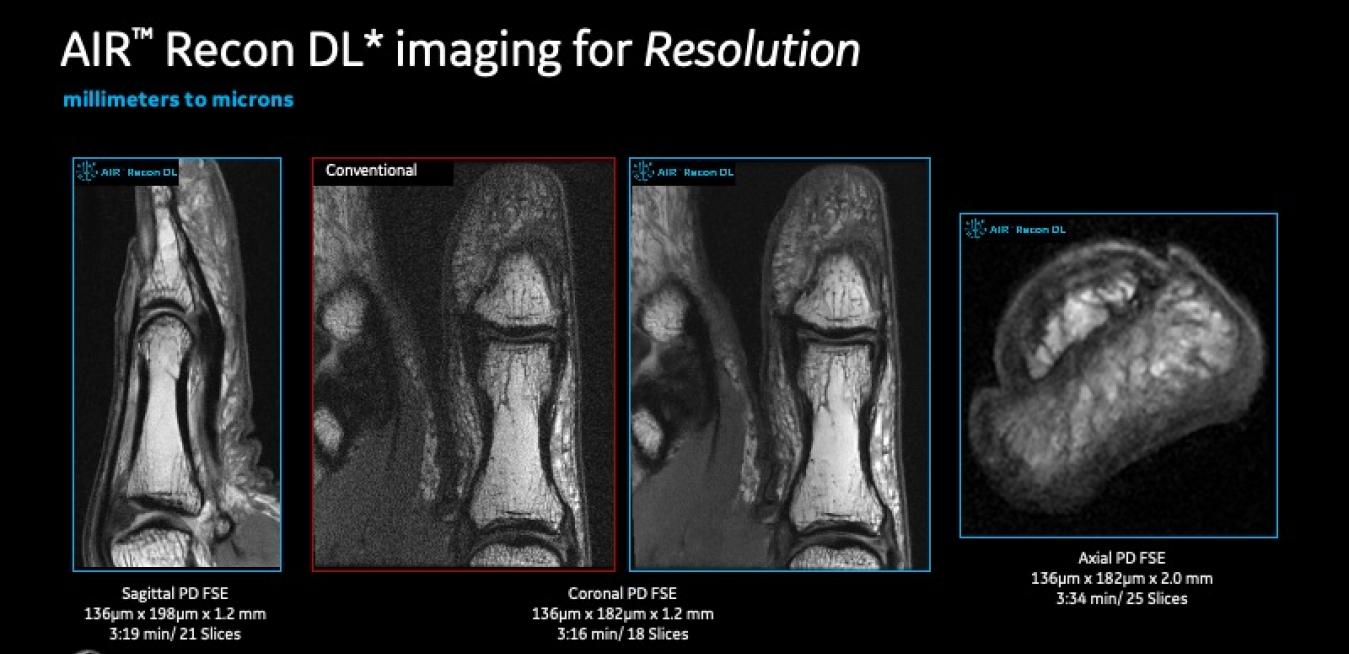Magnetic resonance imaging (MRI) is probably not the most unpleasant medical procedure out there, but it does require the patient to remain motionless inside a long, very loud tube for whatever time it takes the machine to get a clear picture, typically around 15 minutes. For patients, especially those with anxiety, claustrophobia, or a tendency to fidget or who are in pain or too young to follow instructions, that can feel like an eternity.
Ever since the first cases of COVID-19 struck nearly a year ago, hospitals around the world have been racing to get a step ahead of the virus. They’ve become adept at sourcing and stockpiling personal protective equipment, establishing vigorous new cleaning protocols, and acquiring thousands of new ventilators. But the focus on fighting the pandemic and wanting to keep the number of people in hospitals down to lower the chance of transmission also means that standard procedures like magnetic resonance imaging (MRI) have been postponed.






